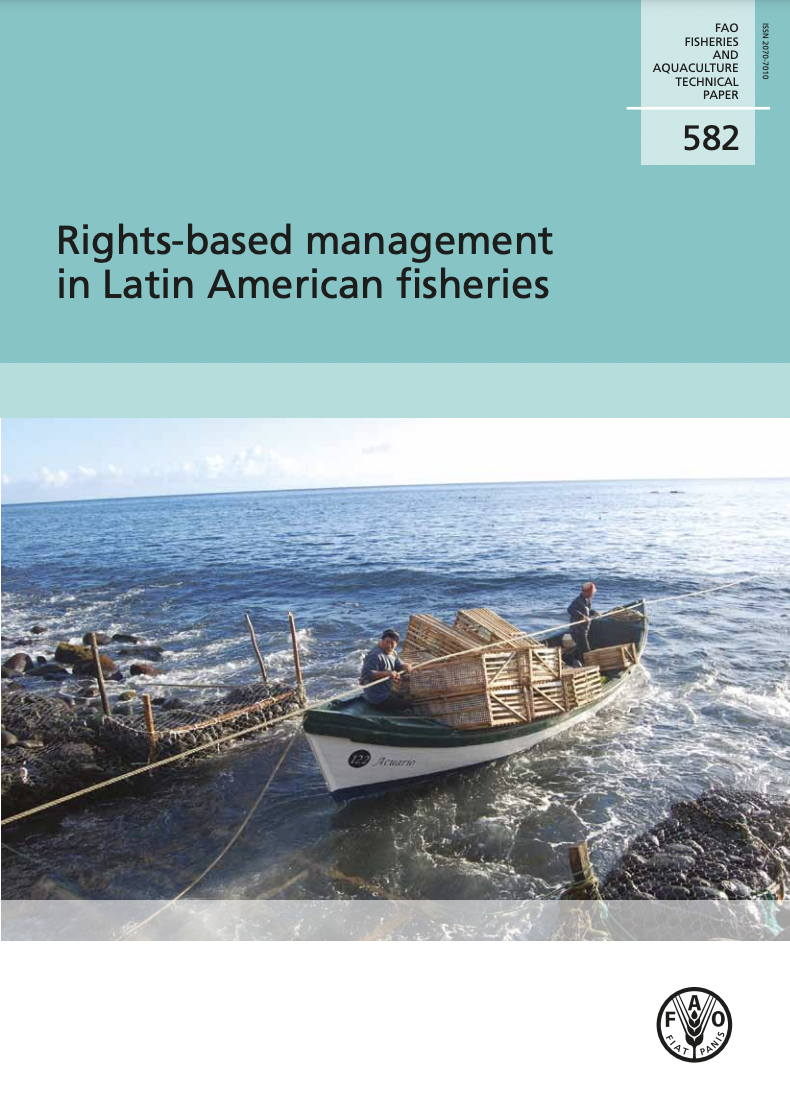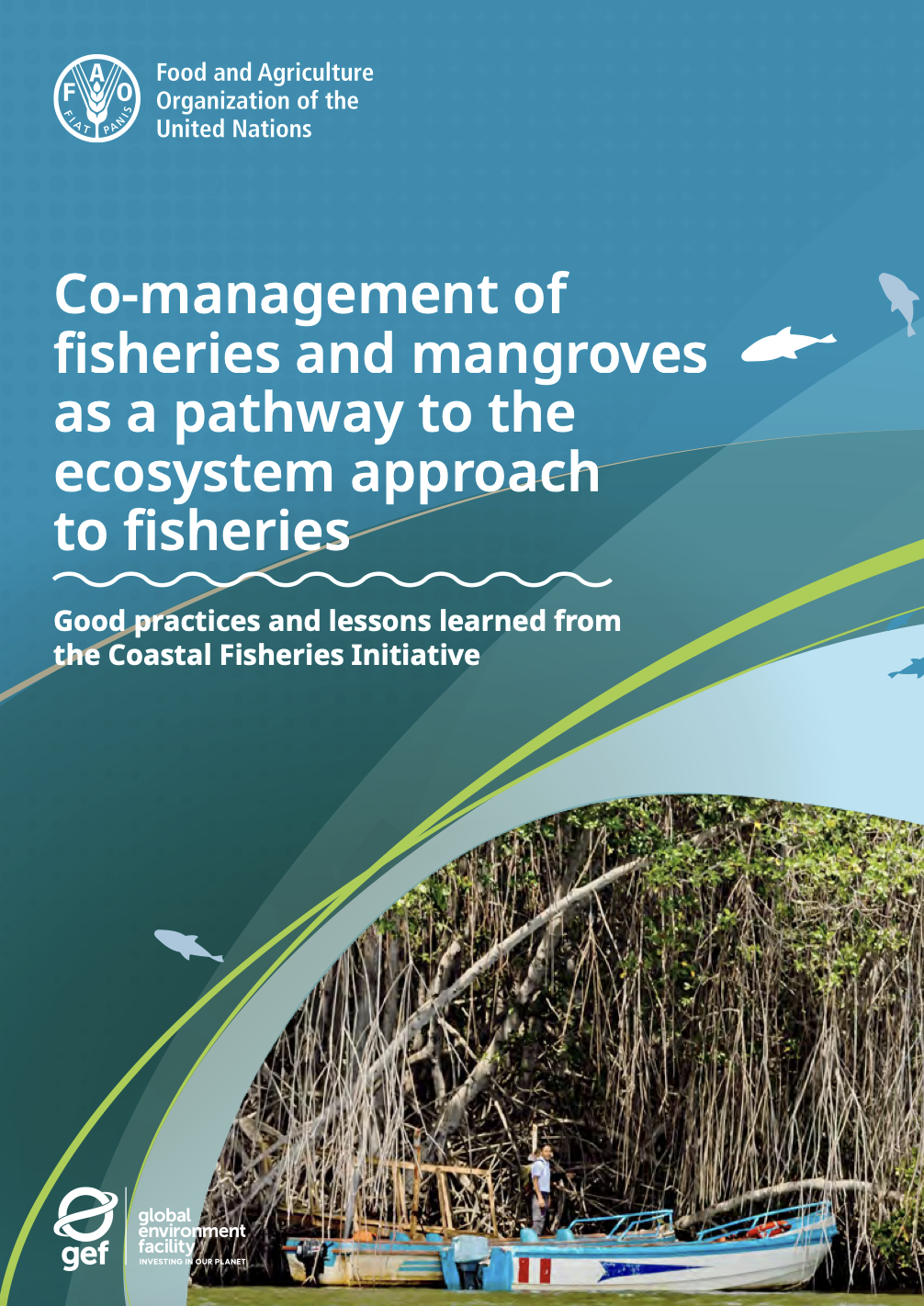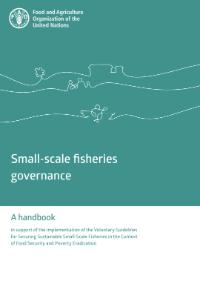Tenure rights in small-scale fisheries
Small-scale fishers need secure and stable access to fishing grounds. They also need access to other resources like land so they can bring fish ashore, have a place to process fish, and, not least, have a place to live.
Without recognized rights, there is the risk that competing economic interests from other users of the water and land, such as tourism, power production, industrial fishing or other interests can push small-scale fishing communities aside.
Responsible governance of tenure
The SSF Guidelines advise that small-scale fishing communities should have secure, equitable and socio-culturally appropriate tenure rights to fishery resources, fishing areas and adjacent land and forests. Special attention should be given to tenure rights of women and the customary rights to aquatic resources and land of indigenous peoples and ethnic minorities.
Responsible governance of tenure should have the support of all who have a stake in using the resource, both small-scale fisheries, industrial fisheries, civil society organizations (CSOs), environmental organizations and government.
The recommendations on tenure rights in the SSF Guidelines build on the Voluntary Guidelines on the Responsible Governance of Tenure of Land, Fisheries and Forests in the Context of National Food Security (VGGT) and also reflect the Principles for Responsible Investments in Agriculture and Food Systems (RAI Principles).
Chapter 5A in the SSF Guidelines is about responsible governance of tenure.
SSF Guidelines video on Responsible governance of tenure
Related publications
Related news
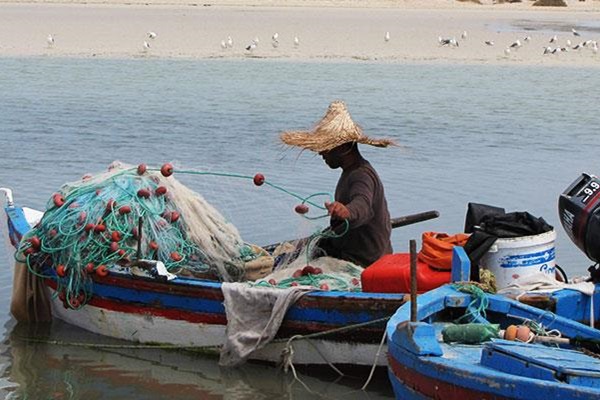
Implementation of the SSF Guidelines across the Near East and North Africa
22/07/2020

Implementing the SSF Guidelines in Sub-Saharan Africa
29/06/2020
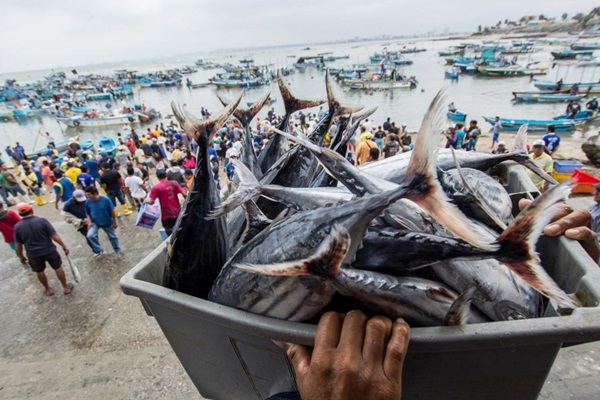
Implementing the SSF Guidelines in Latin America and the Caribbean
24/05/2020
Did you know?
The term "tenure" refers to how rights to natural resources such as land, lakes, rivers, coasts and forests are assigned within societies. The term “rights” includes rights that are held by individuals as well as by collectives or other stakeholder groups.

